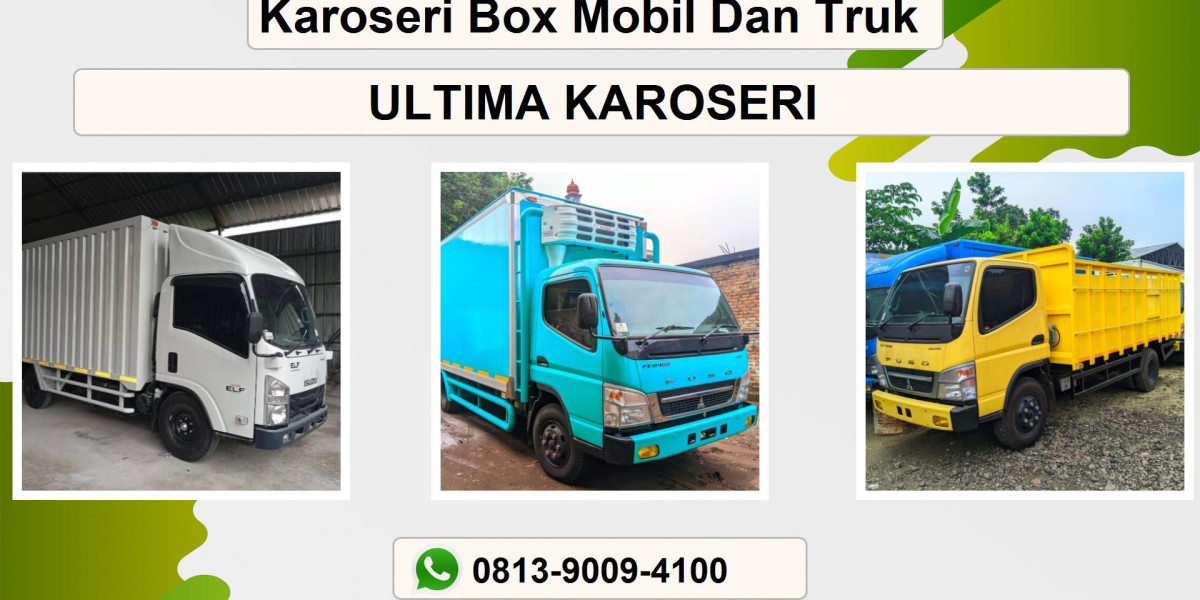Over the years, I’ve watched the packaging industry transform significantly, especially in terms of sustainability. Among the various segments, BOPP Bags have stood out for their increasing demand across agriculture, FMCG, retail, and industrial sectors. What makes this evolution even more interesting is how modern BOPP Bags Manufacturers are shifting toward eco-friendly practices. This shift is driven by growing environmental concerns, stricter regulations, and the rising need for responsible packaging solutions.
In India, the last decade has seen major advancements in sustainable packaging. With consumers becoming more conscious and industries aiming to reduce their carbon footprint, BOPP Bags Manufacturers in India have adapted by exploring new materials, technologies, and production techniques that minimize environmental impact. Companies like Rilei Pack LLP have contributed to this movement by adopting practices that support greener manufacturing while maintaining the functionality and strength that BOPP Bags are known for.
As I reflect on this shift, it’s clear that sustainability is no longer a trend—it’s a long-term direction shaping the future of packaging.
Growing Need for Sustainable BOPP Packaging
The demand for eco-friendly BOPP Bags has risen due to several key factors:
- Increased awareness about plastic waste
- Strict packaging norms by governments and regulators
- Brand initiatives to reduce their environmental footprint
- A global shift toward recyclable materials
- Consumer preference for sustainable packaging
This demand pushed BOPP Bags Manufacturers to rethink design, material selection, and production processes. Today, sustainability begins at the design stage and continues to the final product, making eco-friendly innovation a continuous cycle.
Use of Recyclable Materials and Mono-Layer Structures
One of the biggest improvements I’ve observed in the last few years is the move toward recyclable and mono-material structures. Traditional BOPP Bags often used multiple laminated layers, which made recycling difficult. Manufacturers now focus on:
- Recyclable BOPP films
- Reduced lamination layers
- Mono-layer and mono-material packaging for easier reprocessing
This change helps reduce waste while ensuring the bags remain strong, moisture-resistant, and visually appealing.
Many BOPP Bags Manufacturers in India now collaborate with material suppliers to design films that are both high-performance and environmentally responsible. This shift makes recycling facilities more efficient and reduces the burden on landfills.
Lightweight BOPP Bags for Reduced Carbon Footprint
Lightweight packaging has become a priority for both manufacturers and businesses. By reducing the overall material thickness, manufacturers can produce BOPP Bags and LDPE Bags that maintain durability while using fewer raw materials.
Lightweight solutions help:
- Lower transportation emissions
- Reduce energy consumption during production
- Minimize resource usage
This approach is one of the most practical and impactful ways BOPP Bags Manufacturers are supporting sustainability without compromising functionality.
Water-Based and Low-VOC Printing Technologies
Another major eco-friendly innovation in the sector is the adoption of water-based inks and low-VOC (Volatile Organic Compound) printing systems. These technologies significantly reduce harmful emissions and improve workplace safety.
From what I’ve seen in the industry, this shift is becoming more common among BOPP Bags Manufacturers in India, especially those committed to meeting global environmental standards. It ensures:
- Reduced chemical pollution
- Improved air quality in manufacturing units
- Safer handling for workers
- Compliance with international packaging norms
Companies like Rilei Pack LLP and other responsible manufacturers follow these printing practices to produce visually appealing bags without compromising environmental safety.
Energy-Efficient Manufacturing Processes
Sustainability isn’t limited to materials alone; it also extends to how packaging is produced. Modern manufacturers now invest in:
- Energy-efficient extrusion and printing machines
- Automated systems that reduce waste
- Smart heating and cooling systems
- Renewable energy initiatives
- Waste heat recovery systems
These advancements reduce electricity consumption and overall carbon emissions. In recent years, BOPP Bags Manufacturers have adopted automation to minimize human error and further cut resource waste during production.
Improved Recycling Systems and In-House Waste Management
A responsible manufacturer doesn’t stop at creating eco-friendly bags—they also manage their in-house waste effectively. I've noticed a strong trend where manufacturers recycle their own production waste, including trimmings and rejected rolls, to reduce landfill load.
Many BOPP Bags Manufacturers in India now:
- Reprocess scrap materials
- Implement zero-waste recycling systems
- Use recovery machines for material reuse
- Follow strict waste segregation guidelines
This approach ensures cleaner operations and supports the growing circular economy within the packaging sector.
Sustainable Design and Reduced Ink Coverage
Packaging design also plays a crucial role in sustainability. By reducing ink usage, minimizing unnecessary decorative elements, and using minimalistic designs, manufacturers can significantly lower environmental impact.
Some of the innovations include:
- Low-ink coverage printing
- Minimalist packaging designs
- Use of natural finishes
- Optimization of bag dimensions to reduce cut-offs
These approaches allow BOPP Bags to maintain visual appeal while supporting eco-friendly production.
Biodegradable Coatings and Future Possibilities
While traditional BOPP films are not biodegradable, research continues to introduce coatings and additives that make the bags more environmentally friendly. Though fully biodegradable BOPP is still under development, the industry is moving toward hybrid solutions that reduce decomposition time.
Manufacturers also explore new alternatives such as:
- Plant-based coatings
- Biodegradable lamination materials
- Advanced polymer blends
Although still evolving, these innovations represent the industry's commitment to long-term sustainability.
Role of BOPP Bags Manufacturers in India in Driving Sustainability
India has become a significant hub for sustainable packaging development. The country’s manufacturing expertise, access to raw materials, and growing demand for eco-friendly packaging have encouraged innovation in this space.
From agricultural packaging to consumer goods, BOPP Bags Manufacturers in India are reshaping production processes with a strong focus on environmental responsibility. Companies such as Rilei Pack LLP follow sustainable practices while ensuring that BOPP Bags remain strong, visually appealing, and suitable for diverse industries.
This commitment positions India as a key player in the global move toward environmentally responsible packaging systems.
Looking Ahead: The Future of Eco-Friendly BOPP Bags
As sustainability becomes a major priority for businesses worldwide, I expect to see even more innovation in BOPP packaging. Some future directions include:
- Fully recyclable packaging ecosystems
- Use of renewable energy in manufacturing
- Advanced biodegradable films
- AI-driven optimization to reduce waste
- Smarter printing systems with minimal emissions
- Stronger collaboration between brands and manufacturers
The industry’s progress shows that eco-friendly packaging isn’t just a possibility—it’s becoming the standard.
Frequently Asked Questions (FAQs)
1. Why are BOPP Bags considered sustainable?
They use recyclable materials, lightweight designs, low-VOC printing systems, and energy-efficient manufacturing processes, which significantly reduce environmental impact.
2. How are BOPP Bags Manufacturers reducing waste?
Most manufacturers use in-house recycling, waste recovery systems, and optimization techniques to minimize production waste.
3. What innovations are adopted by BOPP Bags Manufacturers in India?
Manufacturers invest in recyclable structures, digital printing, energy-efficient machinery, and eco-friendly inks.
4. Are BOPP Bags biodegradable?
Traditional BOPP Bags are recyclable but not biodegradable. However, new research into coatings and additives shows promise for future biodegradable options.
5. How are companies like Rilei Pack LLP contributing?
They follow sustainable production methods, adopt eco-friendly materials, and support recyclable packaging innovations within the BOPP segment.



